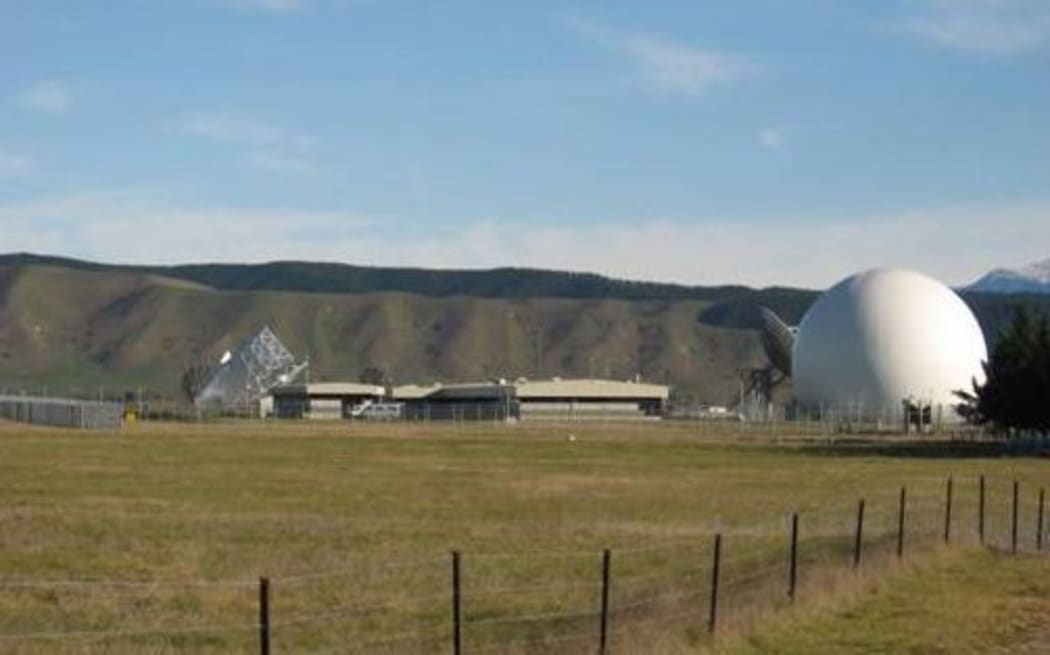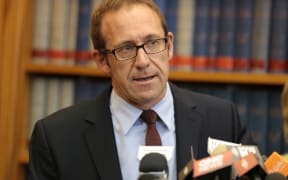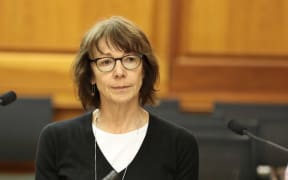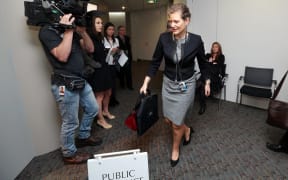Religious groups are urging the Government to make sure it properly consults with the Muslim community this year before making further changes to the country's spy laws.

The Government Communications Security Bureau (GCSB)'s spy base at Waihopai, near Blenheim. Photo: SUPPLIED
They said the Government last year marginalised Muslims when it passed controversial legislation increasing the surveillance powers of the SIS.
The Religious Communities Leadership Forum, which represents Jewish, Hindu, Muslim and Buddhist communities, sought meetings with government ministers last year to discuss the legislation but was snubbed.
Forum convenor Joan Buchanan said nothing happened when it tried to organise a meeting with the Minister of Ethnic Affairs Peseta Sam Lotu-Iiga.
"A number of times I talked to Sam's office and yes, yes they were just waiting upstairs, waiting upstairs and then all of a sudden no weren't going to meet... we still to this day, how many months later, have not met with the Minister of Ethnic Affairs," she said.
President of the Federation of Islamic Association Anwar Ghani said he was still disappointed with the Government's response.
"We felt that we need to have, the Government needs to have a greater consultation with us so that we can really create a more win-win situation and be involved in making sure that our community is not the cause of concern in any form," Dr Ghani said.
Joan Buchanan said the Government had to do better when it reviewed legislation governing the SIS and Government Communications Security Bureau later this year.
"We've got billions of dollars of halal exports which... the Muslim community is responsible for and contributes significantly to. Billions of dollars of our economy yet they [the Government] don't interact with them. They won't co-operate with them so they're friends for economics but not friends for the community and social benefits," she said.
But Prime Minister John Key disagreed with that view.
"People were free...to put in the consultation in under the same time frame as everybody else. I think actually if you look at the steps we've taken they've been a little more gentle than others. You know a lot of countries have changed their law. Our's have been reasonably minor but nevertheless necessary in my view," Mr Key said.
"So yeah, of course they'll be consulted and free to put in their own submission and we listen to them just like we listen to everybody else."
But Dr Ghani said the Muslim community still had not been consulted over the watchlist of 30 to 40 people the SIS said it suspected might pose a threat.
"Not up until this point but I hope that there will be in the near future because that is of concern. We want to understand what constitute a person of interest who has to be watched and spied on."
Dr Ghani said in a country as small as New Zealand any problems should be resolved by having face-to-face discussions.





